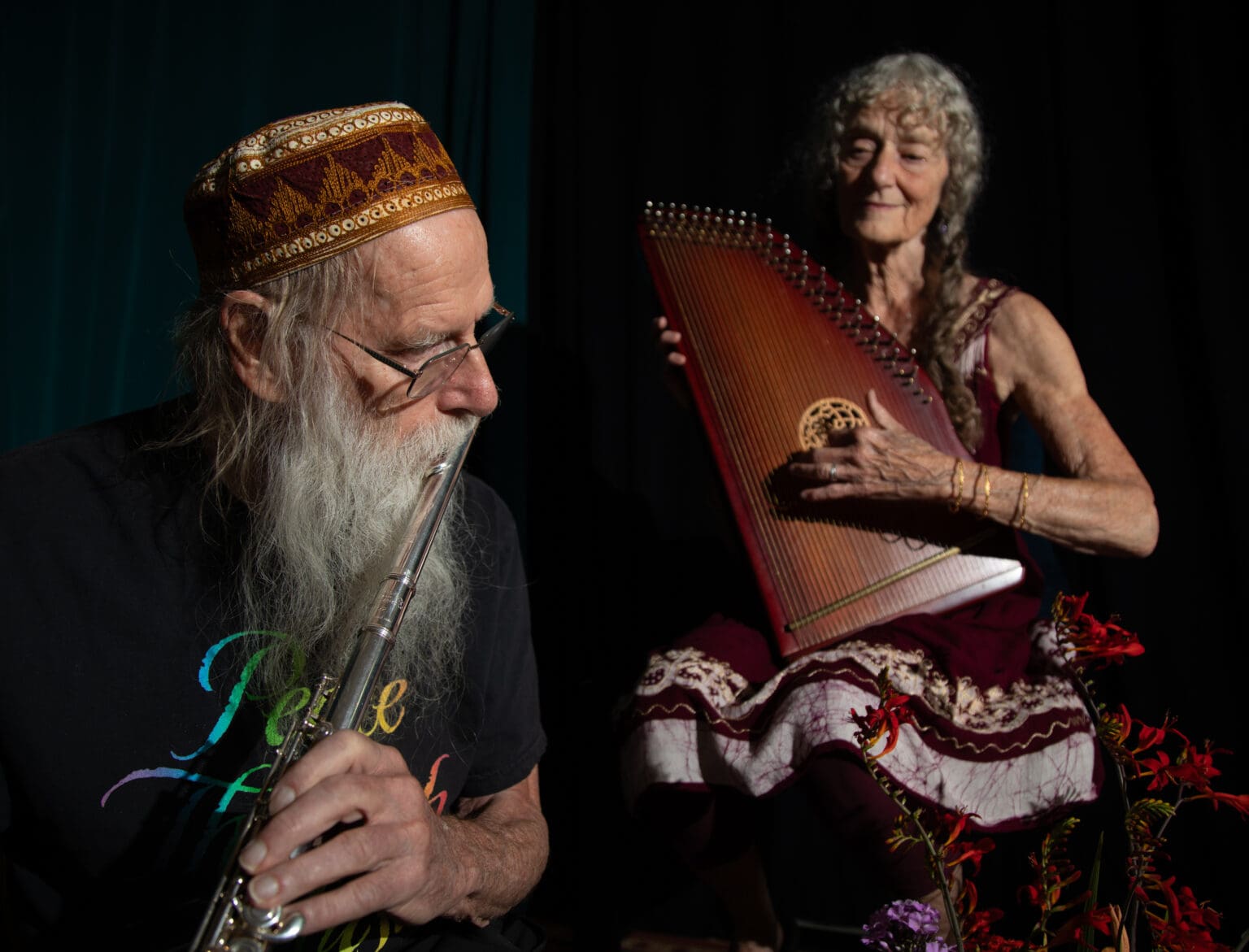Dudley and Dean Evenson were on separate life journeys when the future spouses serendipitously met i

Already a subscriber?
Unlock the paywall!
Get 24 hours of unlimited digital access to CascadiaDaily.com for just $1 with our new Digital Day Pass



